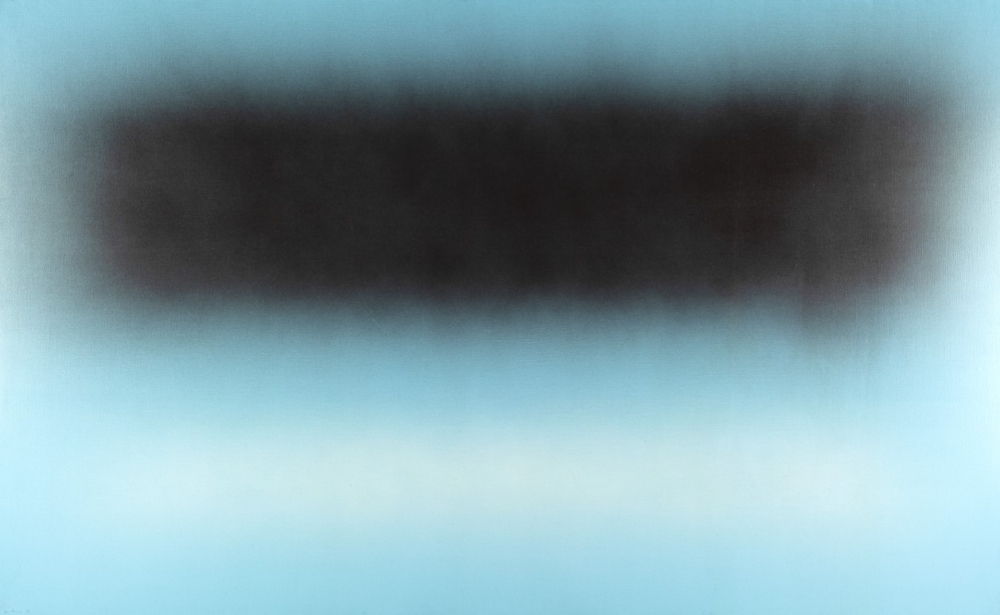TITLE_NAME :
04/30/2025 - 08/18/2025
Musée de l'Orangerie
Jardin des Tuileries
75001 Paris
www.musee-orangerie.fr/en/whats-on/exhibitions/out-focus-another-vision-art-1945-present-day
Monet’s Water Lilies have long been viewed by artists and studied by historians as the paragon of abstract painting, a sensitive forerunner of the great immersive installations to come. However, the blurry, out-of-focus effect that characterises the wide stretches of water in Monet’s imposing canvases has been left largely unexamined. It did not escape his contemporaries, but they put it down to deterioration in his vision caused by an eye disease. These days, it seems more pertinent and fruitful to explore this aspect of Monet’s later work as an actual aesthetic choice, one that has been left to posterity to uncover.
The exhibition itinerary is organised thematically rather than chronologically. An introductory room is devoted to the aesthetic roots of blurriness in the 19th and turn of the 20th century, following on from the intellectual, scientific, societal and artistic upheavals that impressionism grew up with. The exhibition is then organised in three sections combining paintings, videos and photographs.
Musée de l'Orangerie
Jardin des Tuileries
75001 Paris
www.musee-orangerie.fr/en/whats-on/exhibitions/out-focus-another-vision-art-1945-present-day
Monet’s Water Lilies have long been viewed by artists and studied by historians as the paragon of abstract painting, a sensitive forerunner of the great immersive installations to come. However, the blurry, out-of-focus effect that characterises the wide stretches of water in Monet’s imposing canvases has been left largely unexamined. It did not escape his contemporaries, but they put it down to deterioration in his vision caused by an eye disease. These days, it seems more pertinent and fruitful to explore this aspect of Monet’s later work as an actual aesthetic choice, one that has been left to posterity to uncover.
The exhibition itinerary is organised thematically rather than chronologically. An introductory room is devoted to the aesthetic roots of blurriness in the 19th and turn of the 20th century, following on from the intellectual, scientific, societal and artistic upheavals that impressionism grew up with. The exhibition is then organised in three sections combining paintings, videos and photographs.


